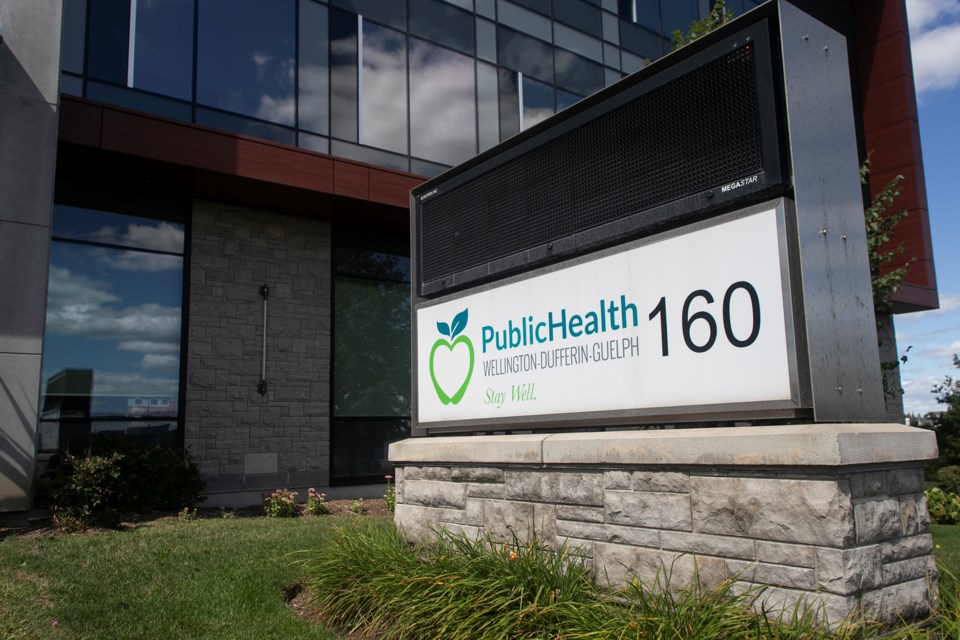More than 80 people were left with food poisoning after attending an International Women’s Day event in Orangeville last month, reports Wellington-Dufferin-Guelph Public Health.
Held on March 8, around 244 guests attended the Best Western Plus Orangeville & Suites for an International Women’s Day luncheon; at least 88 of those guests found themselves experiencing vomiting, diarrhea, headaches and nausea after eating contaminated food at the event.
The primary culprits were the sweet potatoes and quinoa in the chicken bowl, which was prepared by an outside caterer.
Public Health inspectors found the food was contaminated with the bacillus cereus bacteria, which lives in soil and can easily attach itself to vegetables and fruits.
If the bacteria is present in any food that is ‘temperature abused,’ the bacteria spores germinate and multiply, producing a heat stable toxin, which is what makes people sick, states a report from Wellington-Dufferin-Guelph Public Health.
The vomiting form of the illness is often associated with eating foods like rice, potatoes, pasta and cheese that have been contaminated with the bacteria, while the diarrhea form is commonly associated with contaminated meats, milk, vegetables and fish.
Most guests who became sick recovered within three days, though some experienced longer symptoms; two of those surveyed said they had gone to emerge for medical assistance.
Inspectors found that the caterer’s food preparation of the quinoa and sweet potatoes didn’t allow them to cool properly and kept them at room temperature for too long during the plating service.
Spending an extended time in this 'temperature danger zone' (from 4C to 60C) is what allowed for the growth and development of “hazardous concentrations of bacterial cells or toxins,” the report stated.
The inspectors also found the sweet potato had not been washed prior to slicing or cutting, which increases the likelihood of bacterial growth from surface contamination.
Outbreaks like this are rare in the Wellington-Dufferin-Guelph region, the report stated; in 2022, public health received and investigated a total of 57 foodborne illness complaints, none of which proved to be food-related enteric outbreaks.
